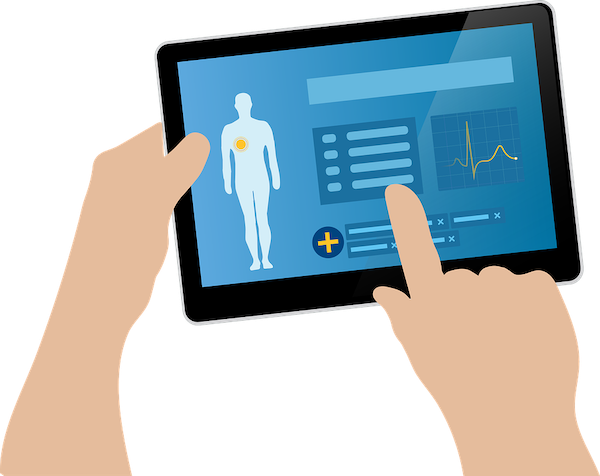 According to a 2016 survey by the American Medical Association, 59% of doctors have private practices. These figures have dipped from 2012. Eventually, private practice is starting to thrive again due to technological advances that make it easier for physicians to focus on the thing they do best, treating and healing their patients.
According to a 2016 survey by the American Medical Association, 59% of doctors have private practices. These figures have dipped from 2012. Eventually, private practice is starting to thrive again due to technological advances that make it easier for physicians to focus on the thing they do best, treating and healing their patients.
One such technological breakthrough is medical software that specializes in Electronic Health Records or EHRs made explicitly for private practices. Gone are the days of tedious preparations of paper charts because EHRs digitizes a patient’s medical information and treatment histories.
The EHR goes beyond mere record-keeping. It provides a comprehensive view of a patient’s treatment program, which includes a patient’s diagnosis, medical history, immunization information, laboratory, and radiology results. Authorized users can instantly access this data for efficient, evidence-based decisions regarding the patient’s care.
If you are a doctor who is about to open a private practice or a practice manager who wants a more streamlined and organized approach to management, then an EHR is your best bet. This medical software can benefit the practice through the following ways:
It Improves Patient Care Management
One of the foundations of an effective treatment program is full knowledge of a patient’s medical history. It allows physicians to create a personalized treatment protocol based on the patient’s past illnesses, medications, lifestyle, and allergic reactions if any. Extensive knowledge about the patient’s health profile paves the way for better communication.
The EHR also allows doctors to promote healthy habits so patients can live a long and disease-free life. These habits include adhering to medication programs, proper diet, and adequate physical activity. The EHR software can generate tools that doctors can use to help patients visualize the status of their health. By recording and monitoring key health indicators such as body-mass index, blood pressure, cholesterol, and sugar levels, the patient can take charge of his health with the doctor’s guidance.
Boosts Clinical Management Capacity
An organized and detailed health record allows doctors and nurses to create treatment options that are tailored to the patient’s specific needs and history. The occurrence of trial and error is lessened, making the treatment program as useful as possible. Healthcare professionals working in private practice will not waste time poring over a stack of documents and records. They can focus more on actual patient care, thus increasing the clinic’s capacity to care for more patients.
Also, the EHR software reduces the risk of human error. The software can quickly pinpoint mistakes and flag unusual entries during encoding or filing of ailments or laboratory results. Not only does it keep a patient safe, but it also saves the practice from future administrative problems.
It Opens Up New Business Opportunities
The patients of today’s generation prioritize new services and digital solutions when choosing their health care providers. They often select practices and medical institutions that offer convenience and accessibility. An EHR software can provide automatic billing and payment systems, online scheduling, and a streamlined way of viewing results for patients who are always on the go.
By keeping it up with the fast-paced lifestyle of patients, there is more efficient delivery of services. The news of superb service will catch on, and your private practice will thrive in no time.
Furthermore, by lessening the occurrence of mistakes, there will be no unnecessary expenses. It will allow for a faster return on investment or ROI.
Patients appreciate a more personalized approach to their health care. With the use of medical software that includes Electronic Health Records, doctors can focus on providing the best health care for their patients.








![Daily Bite [Make]: Philly Cheesesteak Stuffed Bell Peppers](https://dashofwellness.com/wp-content/uploads/2013/01/Philly-Cheesesteak-Stuffed-Pepper-Daily-Bite-1-100x70.png)
